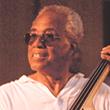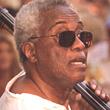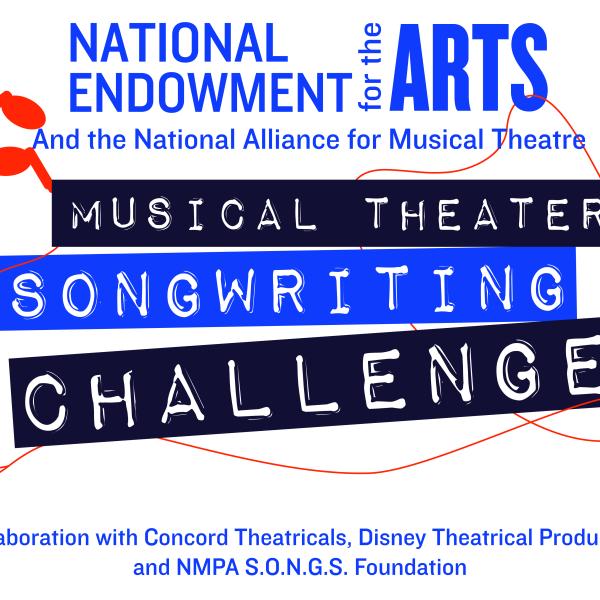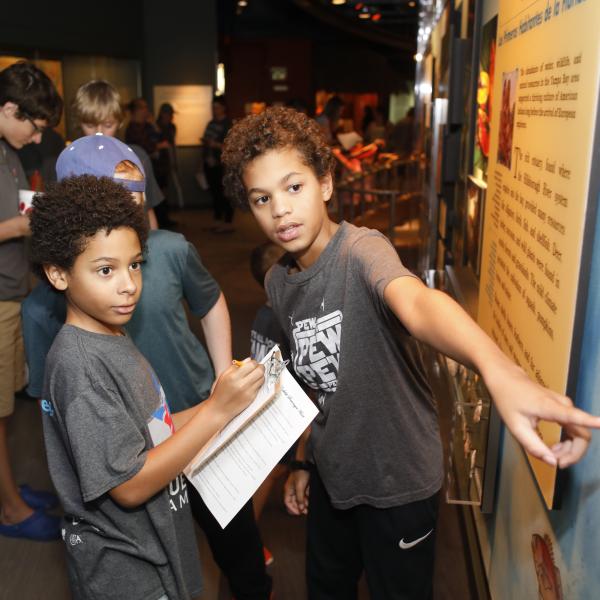National Endowment for the Arts Statement on the Death of NEA Jazz Master Richard Davis
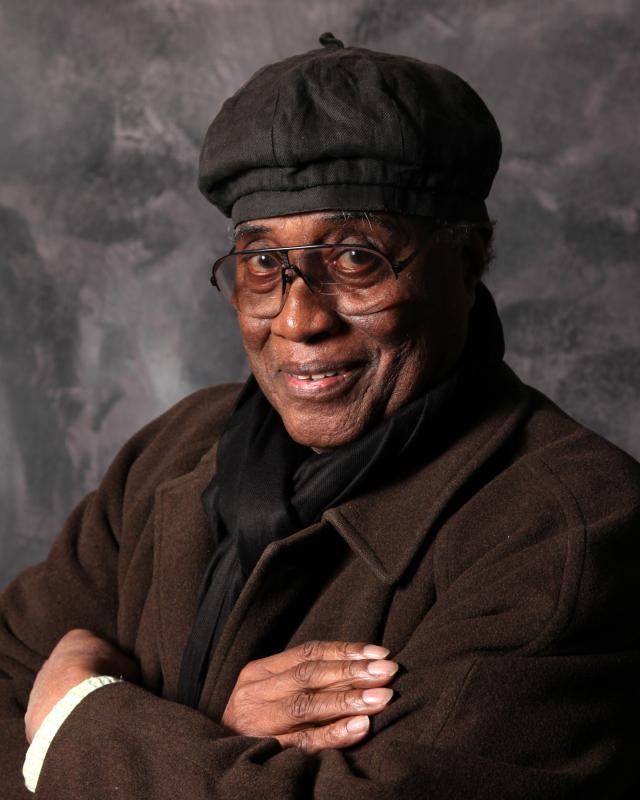
Photo by Michael G. Stewart
It is with great sadness that the National Endowment for the Arts acknowledges the passing of bassist and jazz educator Richard Davis, recipient of a 2014 NEA Jazz Masters Fellowship, the nation’s highest honor in jazz. One of the premier jazz bassists in history, Davis was widely recorded, not only in jazz settings but also in the pop, rock, and classical genres. In addition to his prowess on bass, Davis was a noted educator and taught at the University of Wisconsin-Madison for almost 50 years, retiring in 2016.
In a 2013 interview on the National Endowment for the Arts (NEA) podcast, Davis said of teaching, “I approach teaching as a learning experience. I look forward to students teaching me, I think it's an equal sharing….But I'm always encouraging them to the potential, to do the best and don't worry about anything. Leave the worry to me.”
Part of the Chicago generation of musicians that included Johnny Griffin and Clifford Jordan, Davis studied bass in high school under the direction of Walter Dyett. He then attended Chicago's VanderCook College of Music while playing with both classical orchestras and jazz combos at night, including gigs with Ahmad Jamal and Sun Ra.
In 1954, he moved to New York City, commencing a more than six-decades-long performing and recording career. Davis toured with Sarah Vaughan from 1957 to 1960, including a tour of Europe, and worked as a sideman on numerous recordings in the 1960s, but was in particular demand by Jaki Byard, Eric Dolphy, Booker Ervin, Andrew Hill, Elvin Jones, and Roland Kirk, with whom he cut several albums each. He was a member of the Thad Jones/Mel Lewis Orchestra from 1966to 1972.
Proficient in any style, Davis was sought after in pop and rock circles as well, playing on albums by Paul Simon, Bruce Springsteen, and Van Morrison (on whose album Astral Weeks legendary rock critic Lester Bangs called Davis' bass playing "something that has been touched, that's in the realm of the miraculous"). Davis was equally at home in the classical world, performing for some of the music's finest conductors, including Leonard Bernstein, Pierre Boulez, Gunther Schuller, Leopold Stokowski, Igor Stravinsky, and George Szell.
A longtime educator, Davis' students included David Ephross, William Parker, and Hans Sturm, among others. In 1993, he created the Richard Davis Foundation for Young Bassists, which annually assembles a team of master instructors/performers to work with emerging talent to expand "the horizon of the student in terms of how they perceive their own potential and that of the bass itself." In 1998, Davis created the Retention Action Project (R.A.P.) on the UW-Madison Campus to discuss multicultural differences by bringing together university representatives and social change activists. Additionally, in 2000 he founded the Madison Wisconsin Institutes for the Healing of Racism to raise consciousness about and address the history and pathology of racism.
Davis received many honors and awards, including DownBeat magazine's Critics Poll, which named Davis "Best Bassist" from 1967to 1974. He also received two honorary doctorate degrees; a Hilldale Award for distinguished teaching, research, and service from the University of Wisconsin-Madison (1989-1990); the Wisconsin Governor's Arts Award (2001); the Reverend Dr. Martin Luther King, Jr. Humanitarian Award, bestowed by the City of Madison, Wisconsin (2003); and the Spencer Tracy Award for Distinction in the Performing Arts, presented by the Wisconsin Historical Society (2009).
Contact
NEA Public Affairs, publicaffairs@arts.gov


